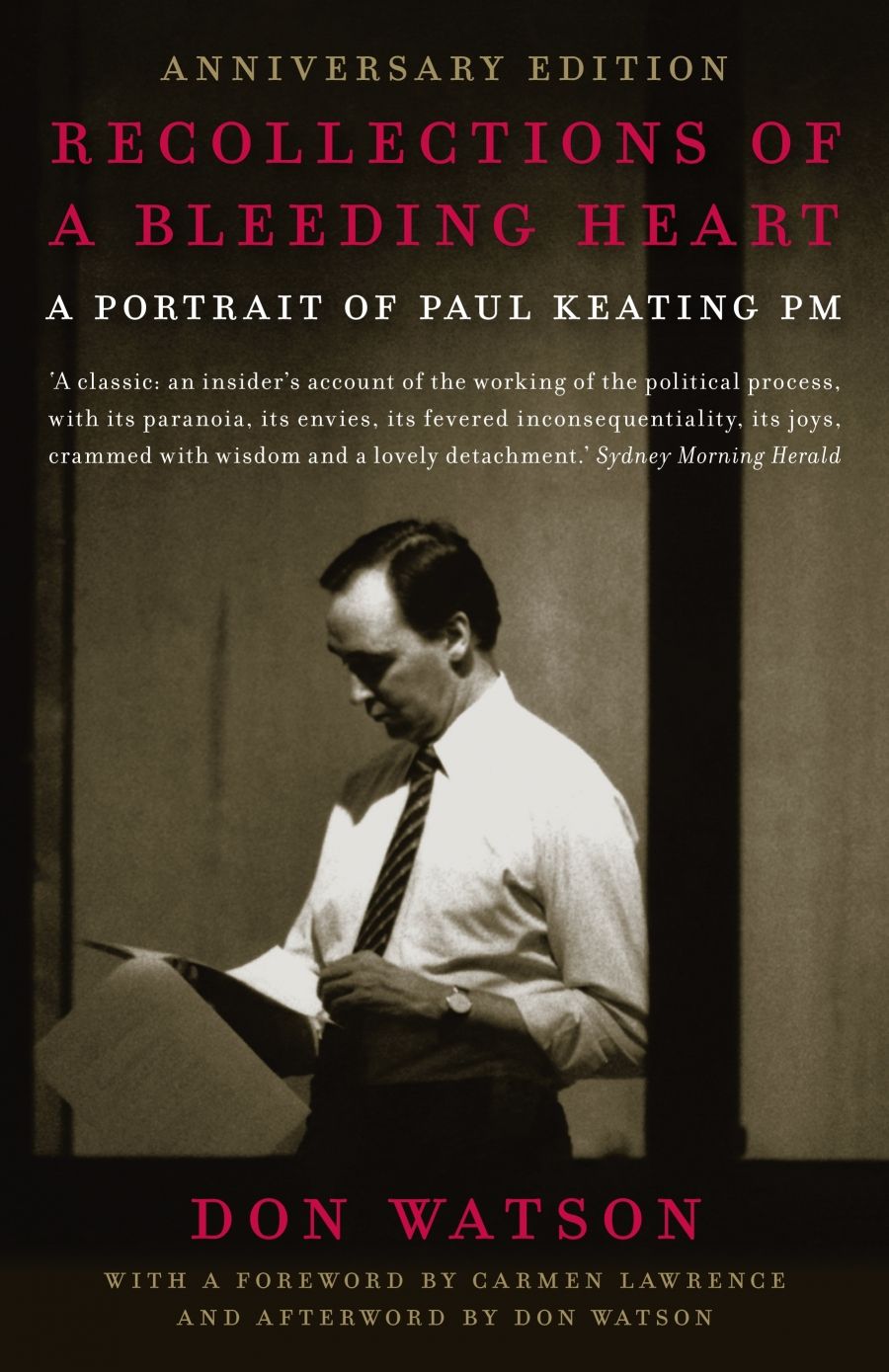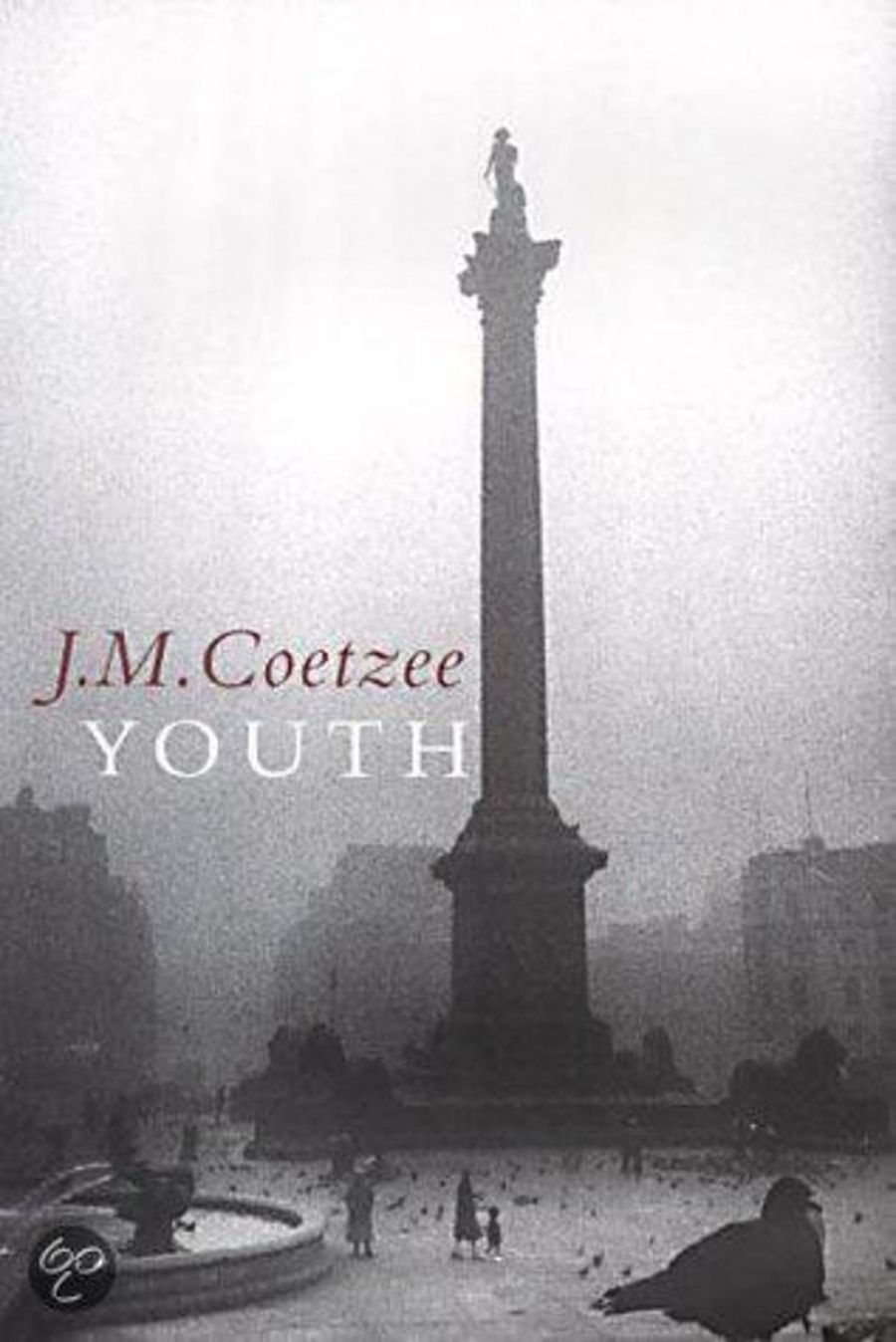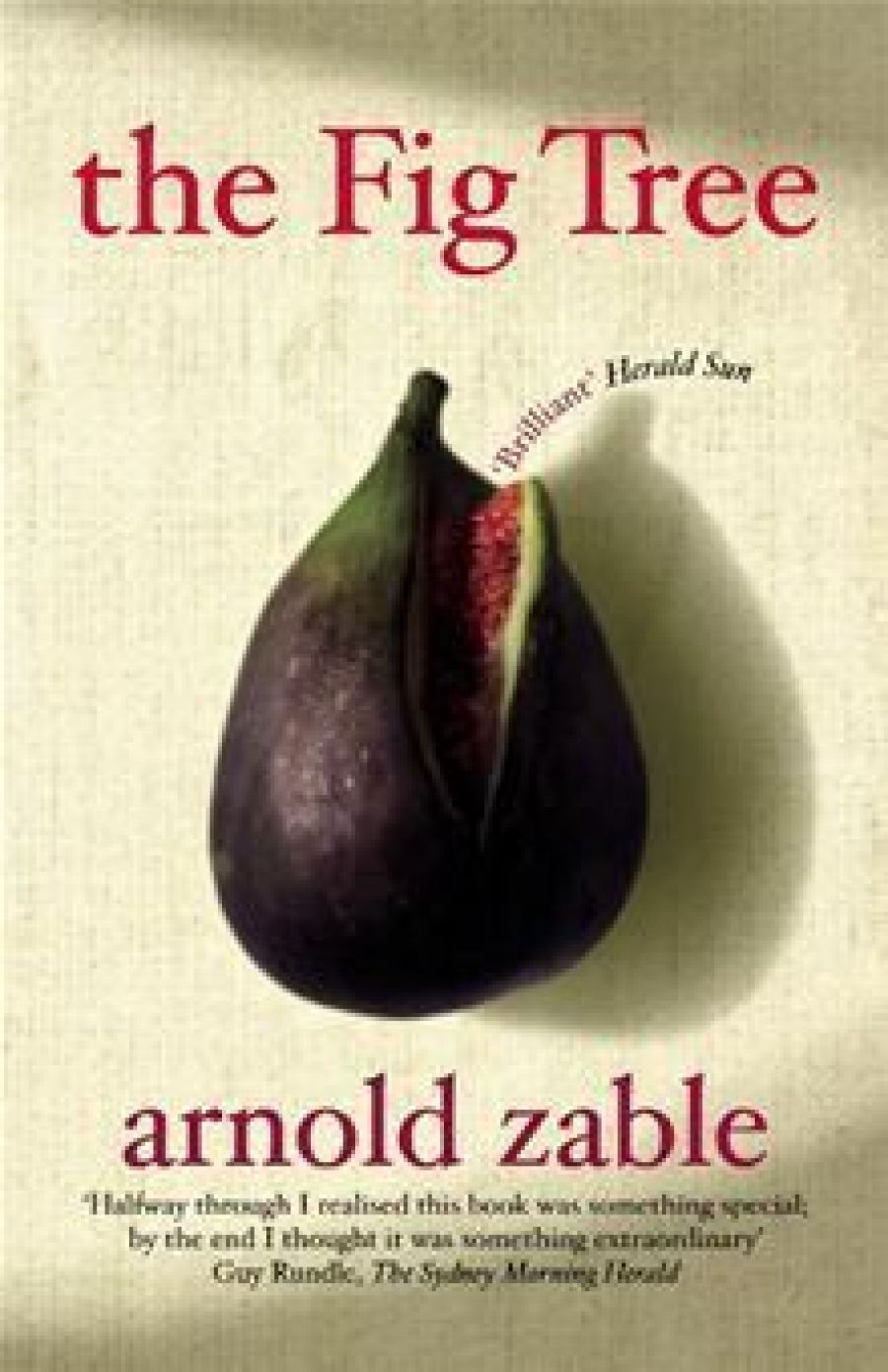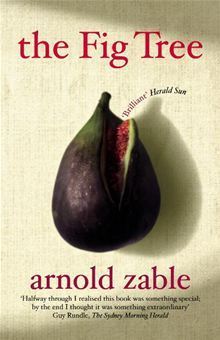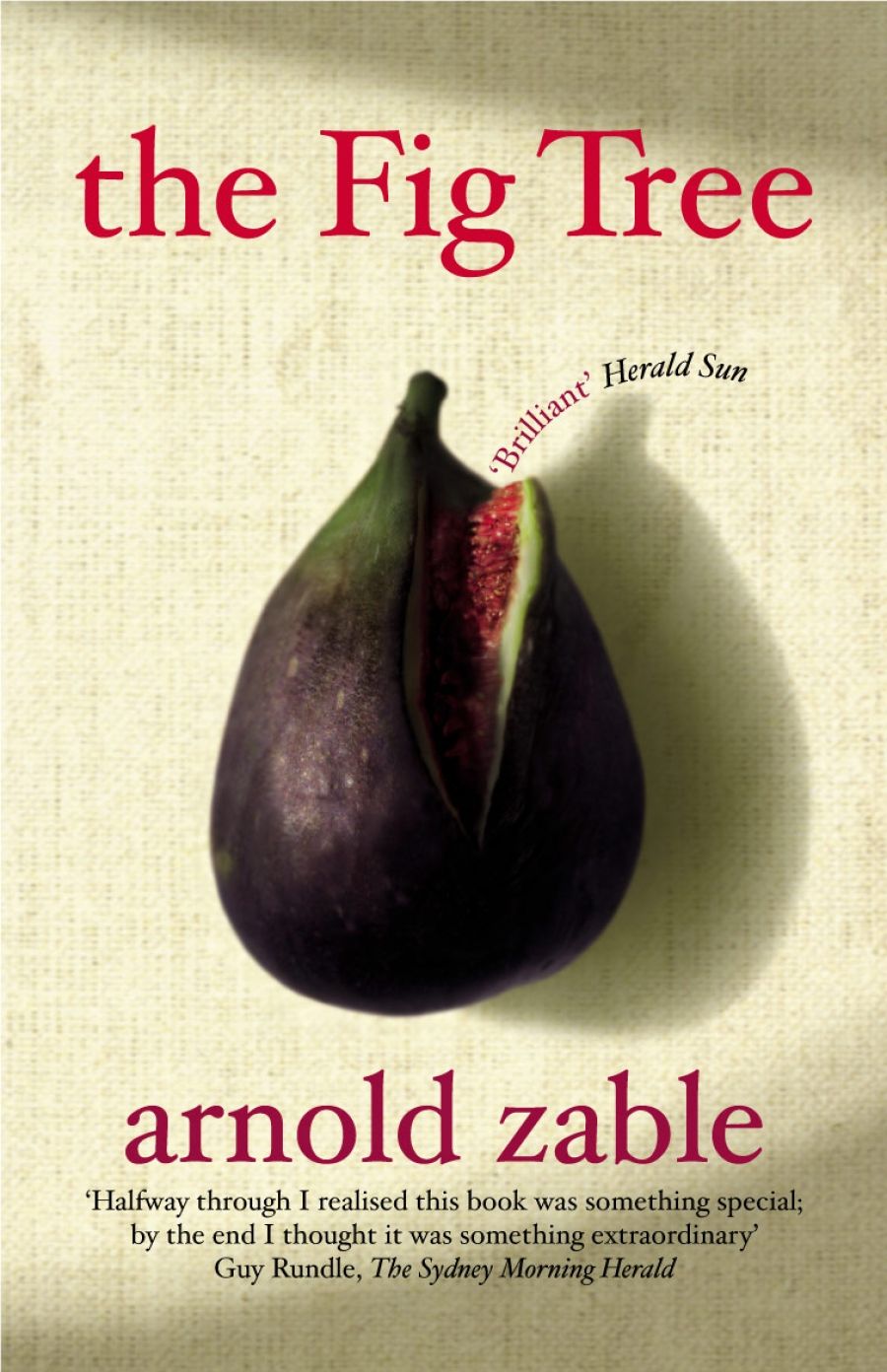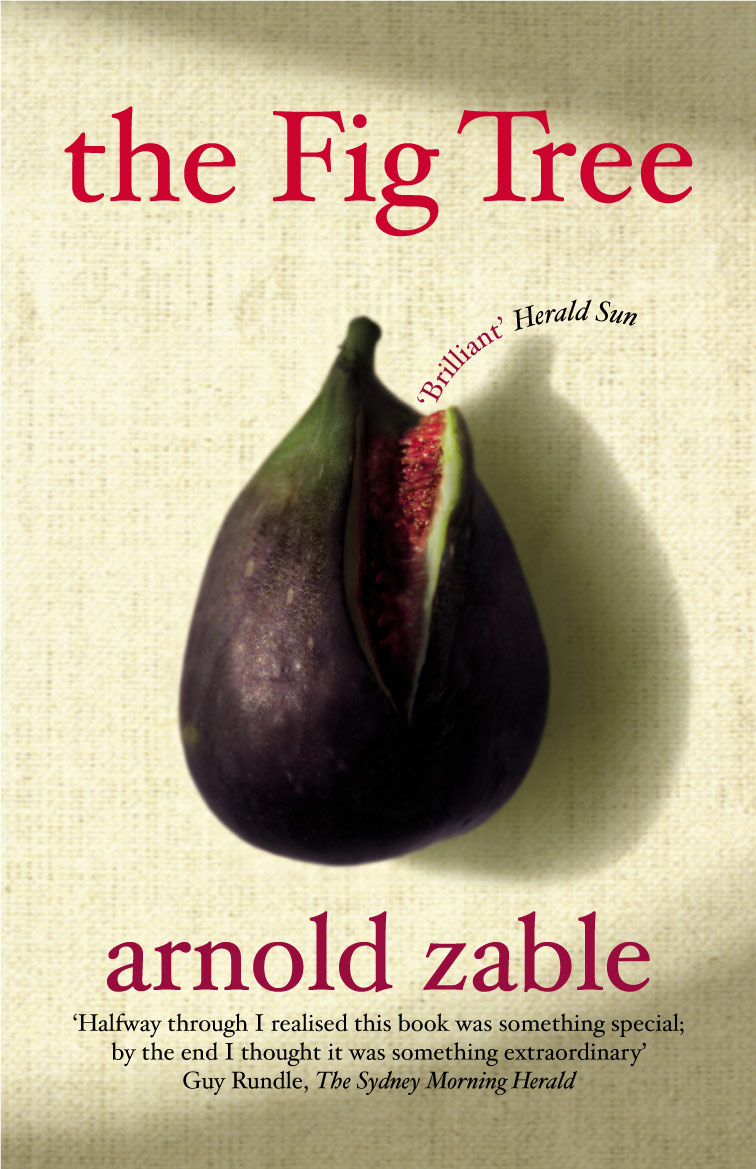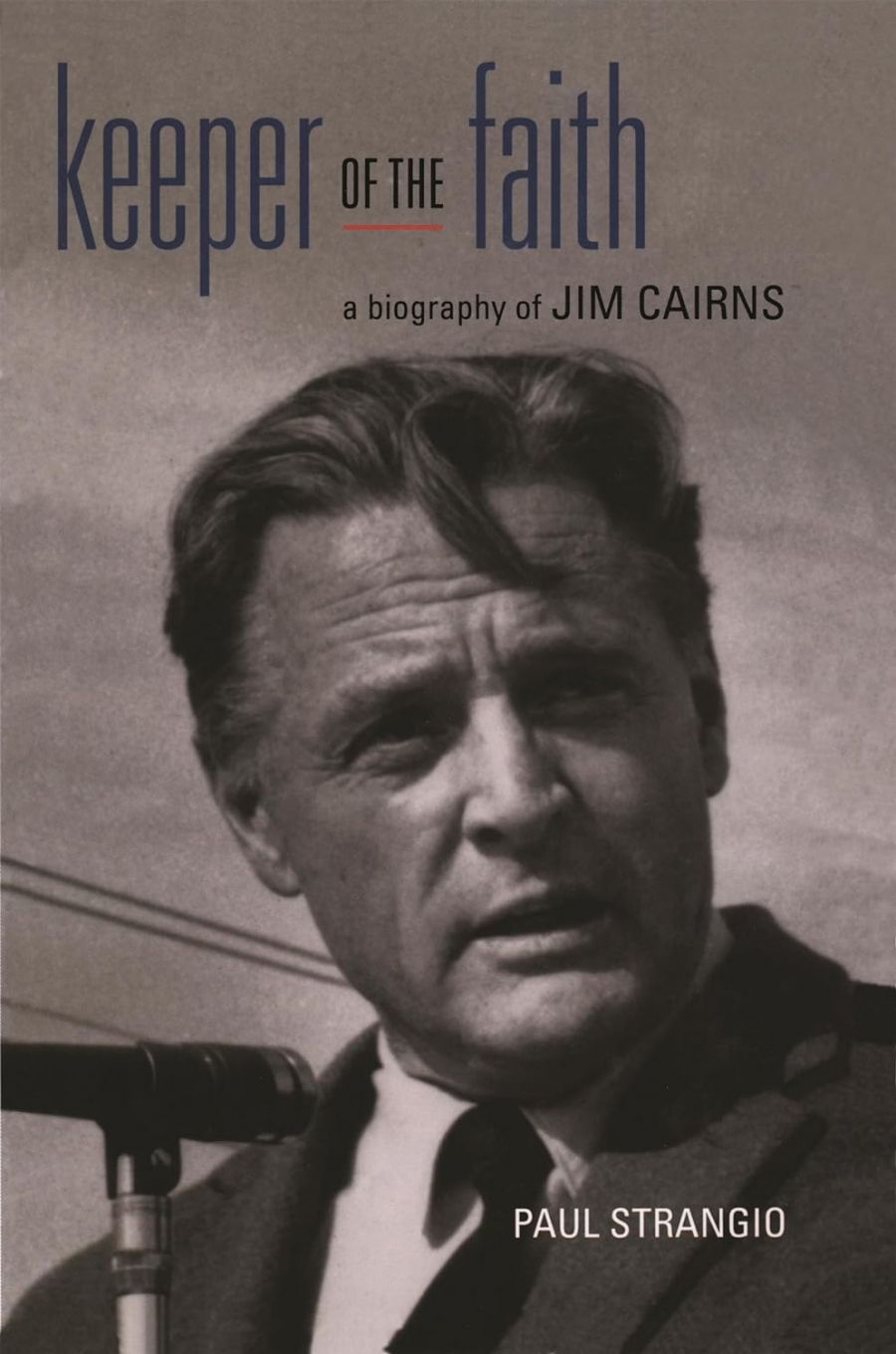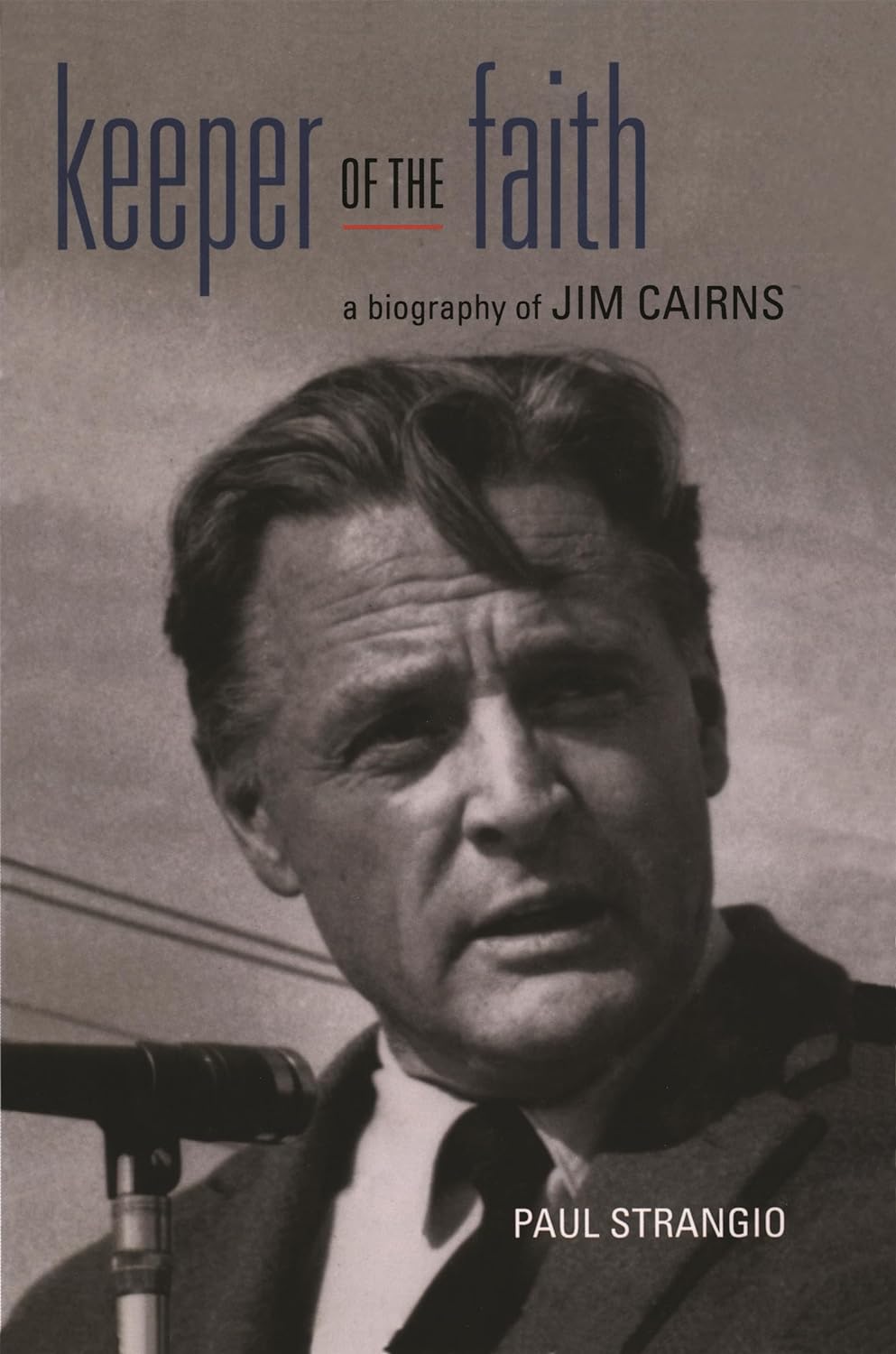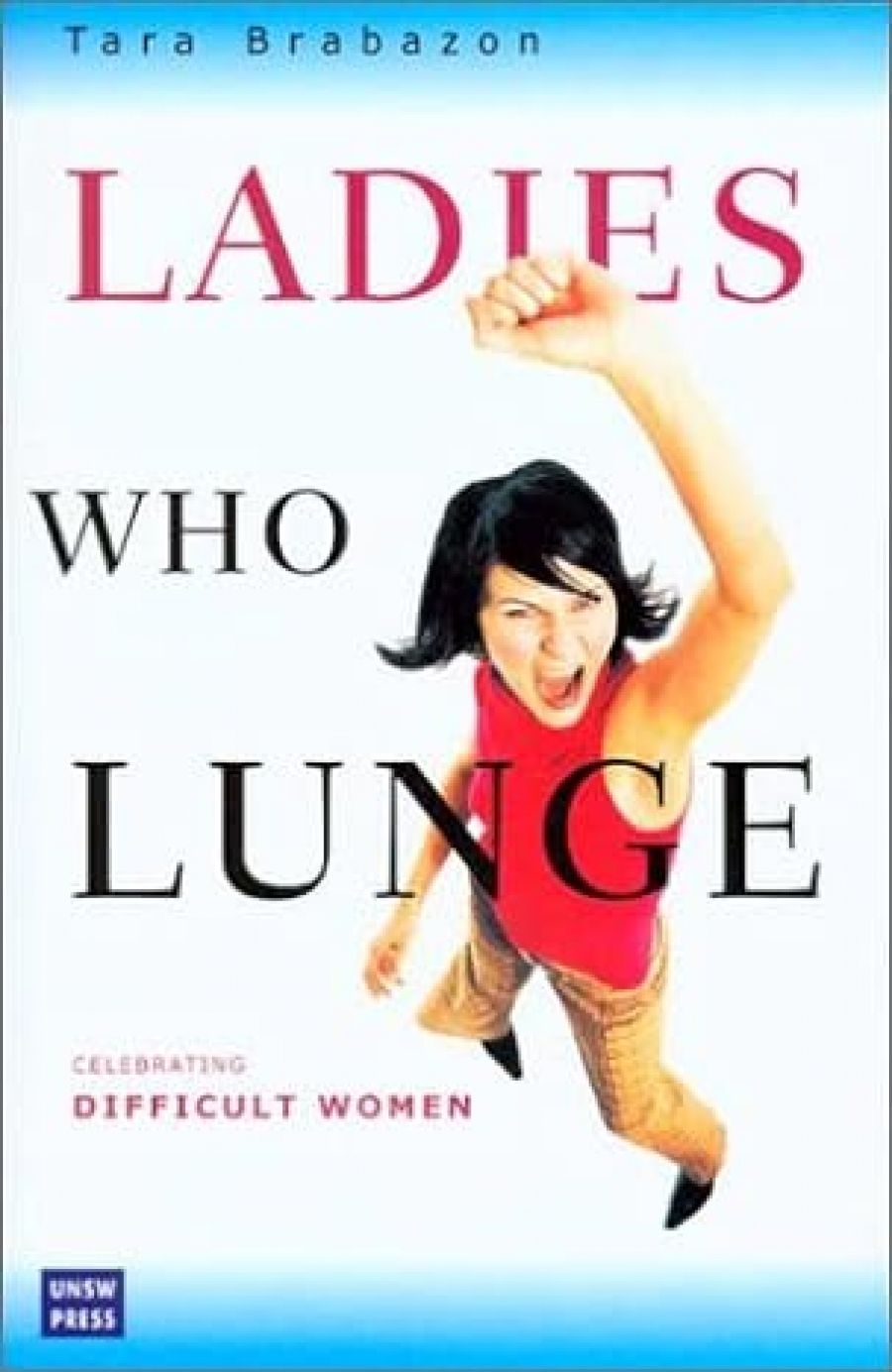- Free Article:
No
- Contents Category:
Commentary
- Review Article:
No
- Show Author Link:
Yes
- Show Byline:
Yes
- Online Only:
No
- Custom Highlight Text:
At seven o’clock on the morning of 2 February 1999, I was due at the Memorial Hospital in North Adelaide to relieve my older sister at my mother’s bedside, where she had been all night. The alarm was set for six. At five-thirty, I was woken by the phone; my mother had died, as we had known for a couple of days that she would, from complications following a cerebral haemorrhage.
- Display Review Rating:
No
‘... the reasons why anybody is an expatriate, or why another chooses to return home, are such personal ones that the question can only be answered in a personal way.’
Patrick White, 'The Prodigal Son'
At seven o’clock on the morning of 2 February 1999, I was due at the Memorial Hospital in North Adelaide to relieve my older sister at my mother’s bedside, where she had been all night. The alarm was set for six. At five-thirty, I was woken by the phone; my mother had died, as we had known for a couple of days that she would, from complications following a cerebral haemorrhage. Before it happened, she had been fragile but functional; we had worried in a general way about her health, which had never been good, but nobody could have predicted or prevented the manner of her death.
By the time we left the hospital, the sun had risen and the family had already begun to reconfigure itself; with the lynchpin and peacemaker gone, it remained to be seen whether my father and his three daughters could close ranks and carry on. We walked out of the cool, hushed building into an Adelaide summer morning, through a rose garden whose perfume had begun to be liberated by the heat; every day it had wafted up to and through the open window of the room where she lay. She had been a student of roses, and their tender nurse; she grew them in each of the four gardens of her adult life.
She was unconscious for several days before she died, and nobody really knows what, or how much, unconscious people can take in. She died peacefully in a pretty room at a quiet hour with her first-born at her bedside; it’s as much as anyone could reasonably ask of death. But I hope she knew those roses were there. I hope she took them with her.
‘During the past ten years I had turned myself into a kind of public animal ... giving talks, programming festivals, making friends, making enemies ... I missed the anonymity and absorption of my twenties. I wanted to write again. I wanted, simply, to be.
(Peter Rose, Rose Boys)
Eighteen months earlier, in the winter of 1997, I resigned from a lectureship in the Melbourne University English Department after working there for seventeen years; I gave my six months’ notice, and, five days before Christmas, I drove home to Adelaide for good, with my thighs covered in little round black bruises from bashing into the corners of tea-chests late at night when I was too exhausted from packing to walk in a straight line. It’s 750 kilometres, and I sang the whole way.
Read more: 'After the Academy' by Kerryn Goldsworthy
